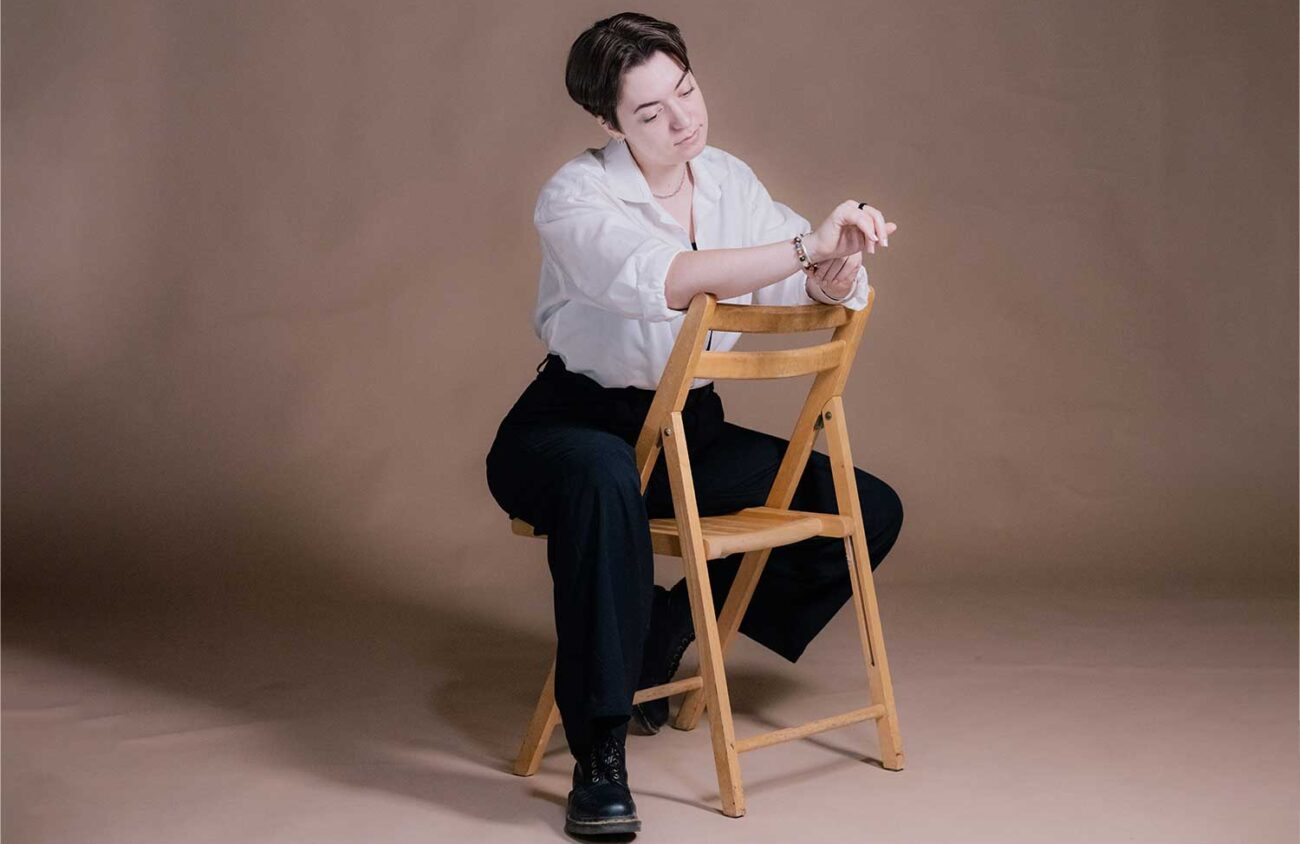Isn’t Pride a beautiful thing? It’s a time to honor who you are and what you mean to the world. A colorful celebration of everything the queer community has fought for. A space where everyone is respected and represented no matter their sexuality or gender identity. Almost.
I went to my first Pride parade at 14 years old in Portland. I was decked out in a pastel rainbow-dyed dress shirt, necklaces depicting the female gender symbol and eyeliner too thick for my features.
I saw flags for sexualities I’d never heard of: androsexual, omnisexual, sapiosexual and more. However, I didn’t see two identities that became rather important to me in the years to come represented: aromanticism and asexuality.
People who identify as aromantic, or aro, experience little to no romantic attraction. Those who identify as asexual, or ace, experience little to no sexual attraction. There are a litany of romantic and sexual identities that fall under the aroace umbrella.
I came out to my family as bisexual at 12 and as a lesbian at 13. Labels have always been fluid to me, sticking like Velcro rather than glue. In my freshman year of college, I began identifying with the aroace community.
I realized that I’d yet to feel any sort of genuine romantic attraction, let alone sexual attraction, towards anybody. I’ll be honest when I say that this scared me more than any other “questioning my identity” experience ever had. I’d known what it was like to be different from others, but this was my first time feeling downright alone.
I do know I’m not actually alone with an aroace identity. I just no longer quite fit in among those who are attracted to others.
Even around those I considered generally accepting and well-versed in the queer community, I faced the most pushback when I spoke up about my lack of attraction.
I was doubted. I was asked if I had an issue with vulnerability or if I just hadn’t found the right person.
None of these comments came from a place of hate, but rather of misunderstanding. All the same, I was asked to defend myself and my identity in a way that I never had before.
Things got especially confusing when I realized I wasn’t just aroace, I was demisexual and demiromantic. Those who identify as demi don’t experience attraction until a strong emotional bond has been formed.
“Oh, so maybe you really haven’t met the right person!”
Maybe! Who cares? Fuck off.
Here’s the thing about Pride that I genuinely think the LGBTQ+ community and allies alike both forget: You don’t have to understand. You just have to accept and respect.
Being aroace is an invisible identity, I know. All I ask is that as we celebrate Pride this year, we greet those who are out and proud about their asexuality and aromanticism, who make it visible in this period of celebration, in the same way we’d greet our allosexual and alloromantic peers rather than question whether they’re truly queer.
